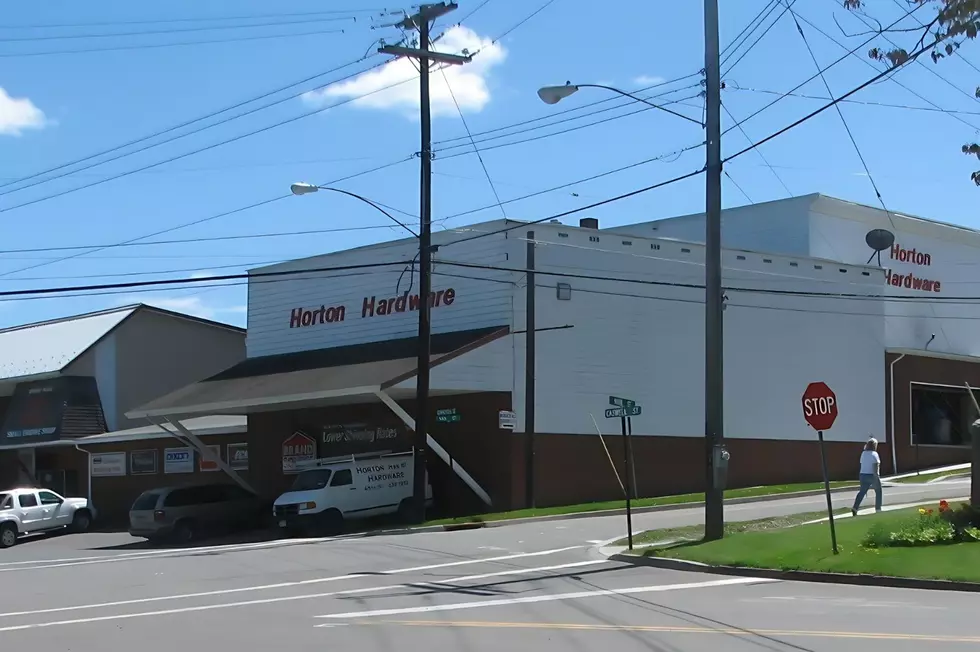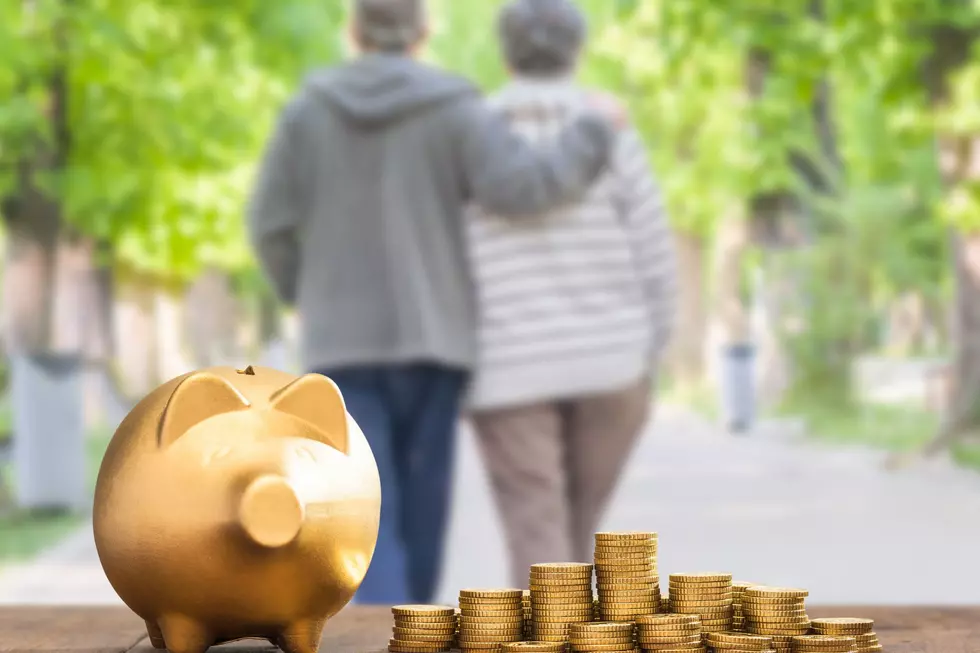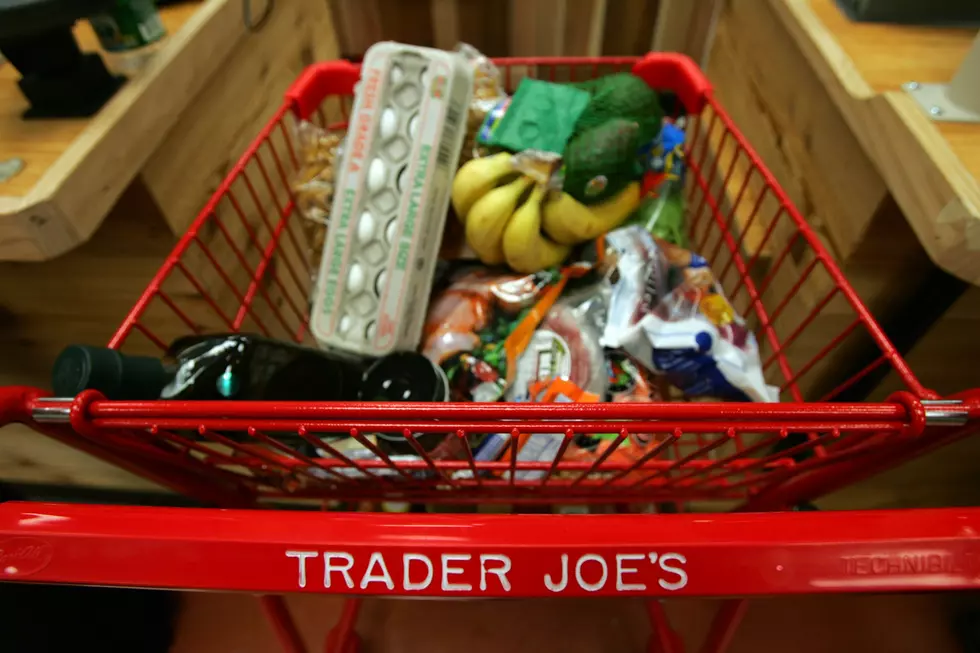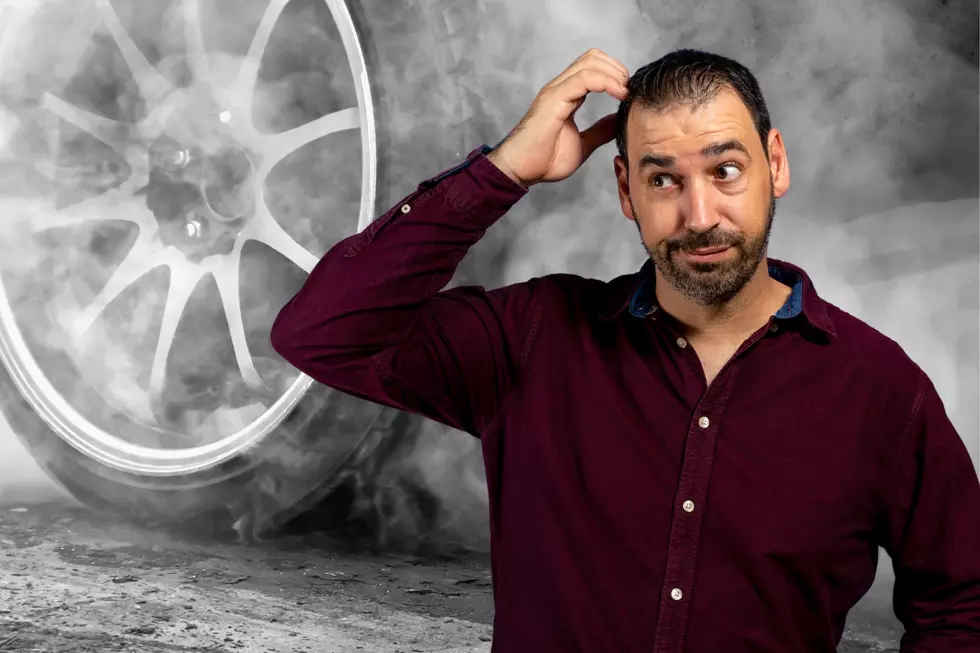
Do You Remember Before 9/11 There Was No TSA in New York?
I was getting things ready for an upcoming trip, something crossed my mind. I found myself thinking about when I used to fly in my younger years and couldn't remember having to worry about the size of my liquid toiletries. And then it hit me - there was no TSA before September 11, 2001.

Have you ever really stopped to think about that?
I still remember flying from Cincinnati to Albany just a few months after the 9/11 attacks and being blown away by how different the whole flying experience had become. It used to be as simple as showing up at the airport, walking through a metal detector, and hopping on a plane.
But, after September 11, everything changed.
Before that fateful day, airport security in the United States was mostly the responsibility of airlines and private security companies. We went through the usual metal detectors and X-ray machines for our carry-on bags, but it was all about finding weapons, not searching for explosives or other serious threats.
The September 11 attacks exposed some serious flaws in the system. The terrorists were able to slip knives and box cutters past security checkpoints, and that was a wake-up call for everyone. It became clear that we needed major changes to protect air travel and the safety of passengers.
That's when the TSA came into the picture. It was created as part of the Aviation and Transportation Security Act in 2001. Their main job was to make sure the entire transportation network in the United States, especially aviation, was safe and secure.
The TSA introduced a bunch of new security measures that completely revamped the airport experience. They brought in advanced screening technologies, like full-body scanners, explosive detection systems, and improved baggage screening procedures. TSA officers also started doing more thorough pat-downs, and they put limits on carrying liquids, gels, and aerosols in our carry-on bags.
All these changes were necessary to keep us safe, but they also came with some downsides. The new security protocols meant longer lines, privacy concerns, and inconveniences for innocent travelers.
The TSA has been working hard to find a balance between security and convenience, though. They've introduced programs like TSA PreCheck and Global Entry to speed up the screening process for low-risk travelers. These programs let pre-vetted passengers go through security faster and more efficiently.
Of course, the TSA has faced its fair share of criticism. Some say they invade our privacy and that certain security measures are excessive or unnecessary. But the fact that we haven't seen another large-scale terrorist attack like 9/11 since the TSA was introduced shows that their mission has been pretty effective.
So, before 9/11, airport security was a lot more laid back. But that tragic event made us realize just how vulnerable we were, and the TSA was born out of that realization. Now, we may have to deal with longer lines and some inconveniences, but it's all for the sake of keeping us safe when we fly.
As a New Yorker who knew people directly impacted by the events of September 11, I will gladly wait in line and deal with TSA if it means the chance to stop something like that from ever happening again.
LOOK: Highest-Rated Free Things to do in New York, According to Tripadvisor
Gallery Credit: Stacker
LOOK: Most common jobs 150 years ago in New York
Gallery Credit: Stacker
More From 98.1 The Hawk









